1792
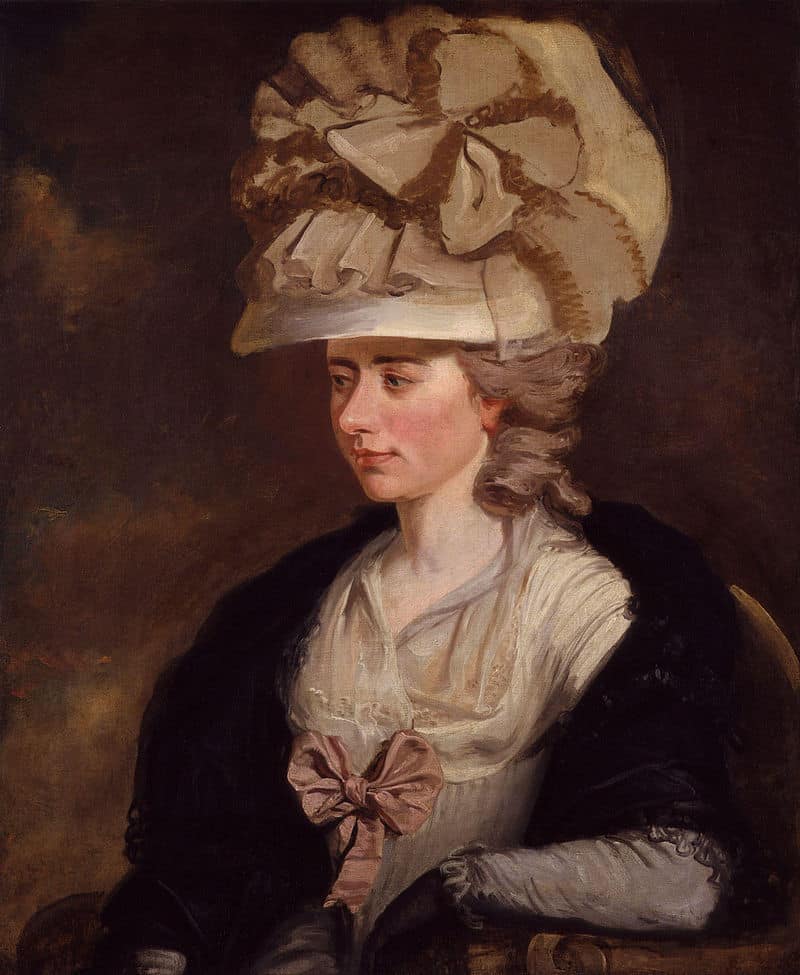
People fleeing French revolutionary terror were crossing to Britain in small boats. William Lock of Norbury Park made Juniper Hall available to a group of them, including the salon hostess Mme de Stael and the diplomat Talleyrand.
The novelist Fanny Burney (pictured) met her future husband, General Alexandre d’Arblay, at Juniper Hall. Once it was safe to do so the couple returned to France and Fanny’s diaries are amongst the most vivid accounts of life there during the Napoleonic wars.
1913
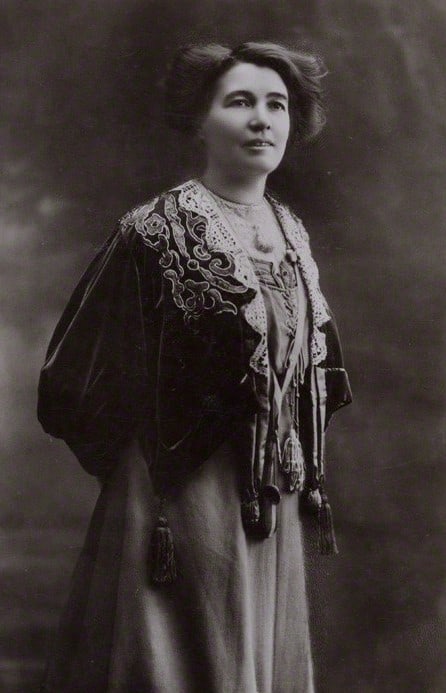
In 1913 the suffragette Emmeline Pethick-Lawrence offered her cottage in Holmwood to malnourished children during a lock-out of strikers at the Jacob’s biscuit factory in Dublin.
Lord Ashbourne of nearby Moorhurst made his Roman Catholic family chapel available to the children.
1914
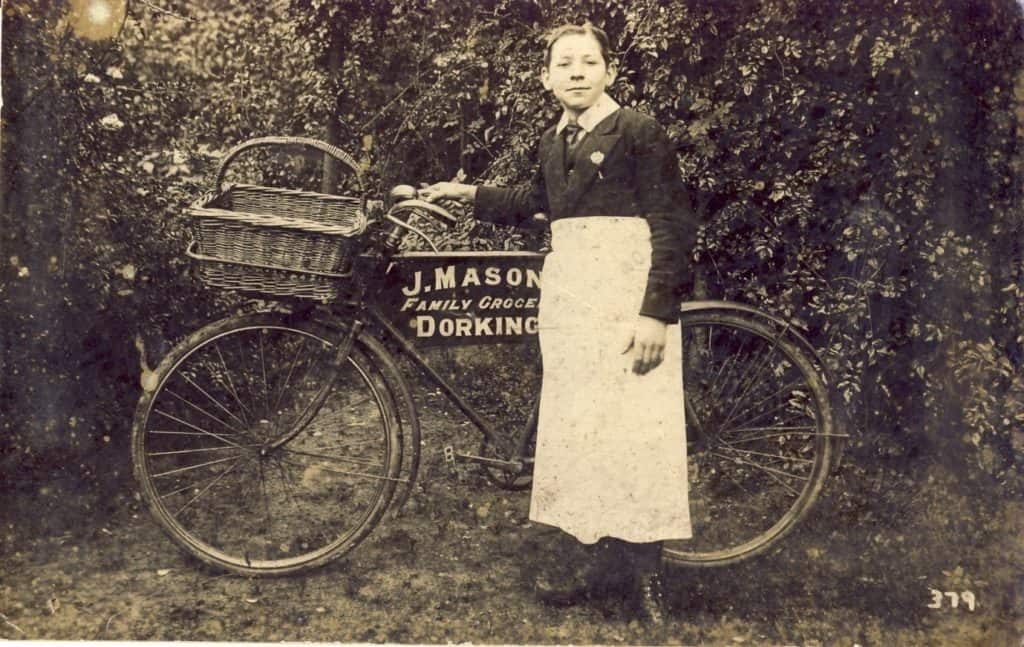
London was inundated with refugees as the German army swept across Belgium. Dorking offered shelter to Belgians who arrived traumatised and with nothing. Townspeople furnished empty properties and raised money to supply food, fuel and clothing and supported 30 families, most of whom could not speak English, throughout the First World War.
Belgian refugee, Albert Vanhove, worked at Mason’s store on the High Street.
1917

Terrified Londoners sought refuge from German bombing raids in Dorking’s hotels and guest houses. Families who were unable to find a place to stay slept in the open rather than return to London. Many stayed for the rest of the war. Dorkinians were perplexed by the ‘foreign’ habits of the incomers, many of whom were Jews in flight from oppressive regimes in Europe and Russia. They also feared that the influx would put pressure on scarce food resources.
1938
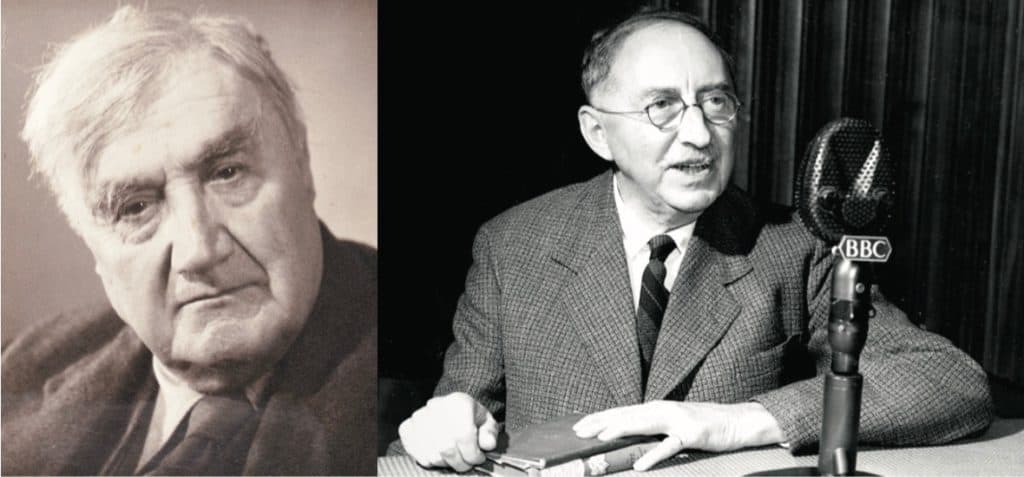
The Dorking Refugee Committee was established to support refugees from Nazi persecution. It was led by the novelist E. M. Forster and the composer Ralph Vaughan Williams. The committee found homes and work for the new arrivals.
1939
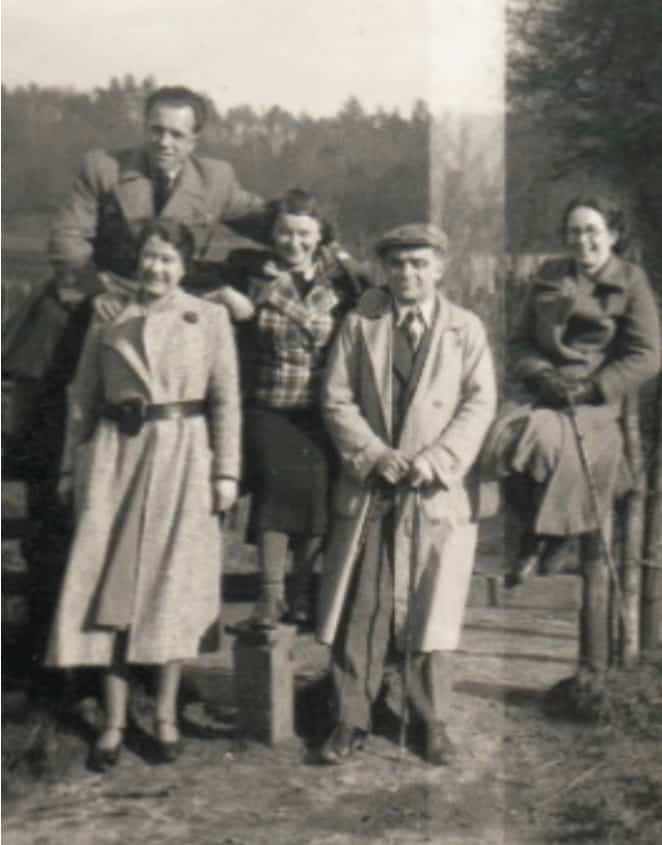
When war was declared in 1939, Dorking’s German and Czech nationals faced internment as enemy aliens. The Refugee Committe helped them apply to Home Office Tribunals to remain at liberty. Erika Schmidt-Landry’s writer husband was interned on the Isle of Man and her case was taken up by Forster and Vaughan Williams when she was faced with putting her three small children into an orphanage.
1939
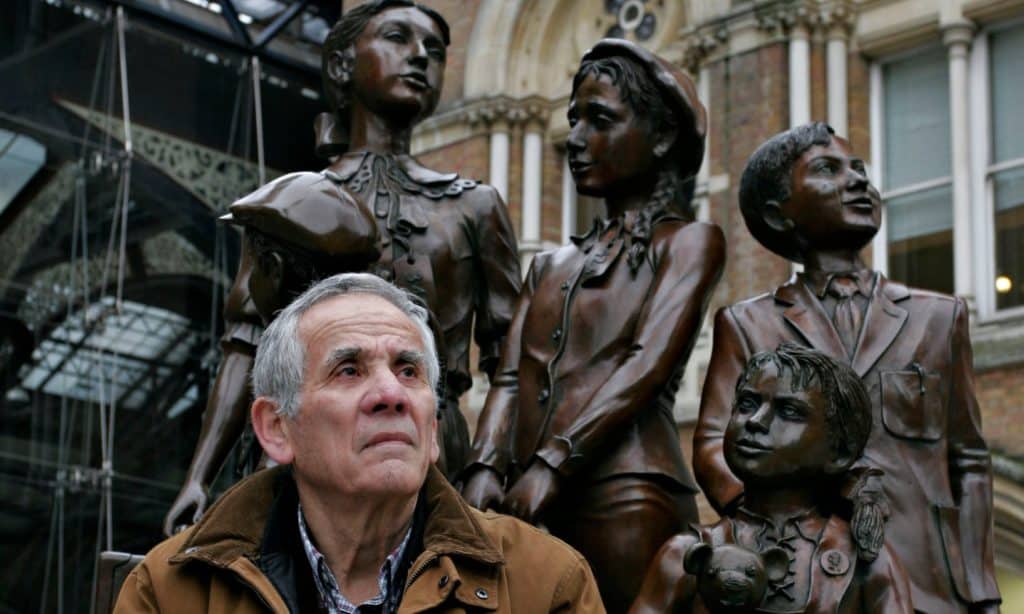
Sir Erich Reich. The Vienna-born travel entrepreneur and c harity fund-raiser was four years old when he arrived in Dorking on a Kindertransport in August 1939. Separated from his elder brothers, he was taken by Vaughan Williams to the Dorking Refugee Committee’s hostel at Burchett House before being fostered by a family from the Sudetenland. His parents were murdered in Auschwitz. One of the boys in the Kindertransport memorial statue at Liverpool Street Station is based on Reich.
1940
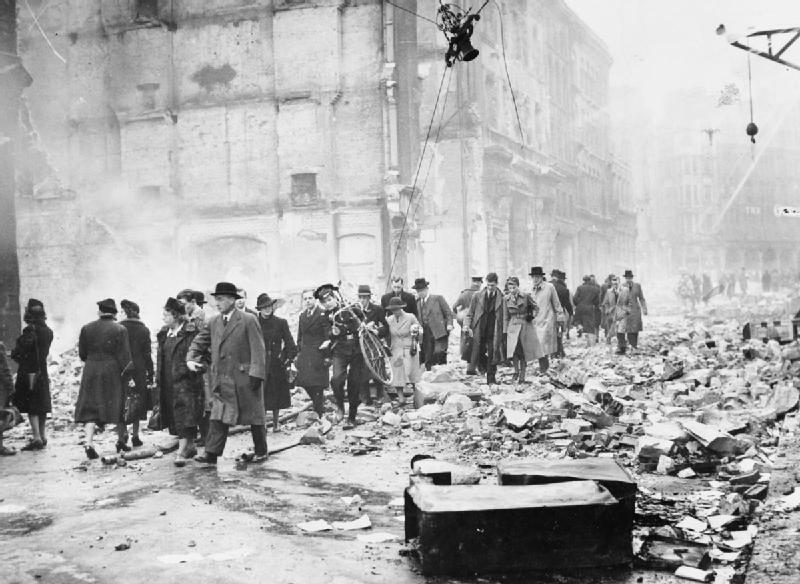
Families bombed out of their homes during the ‘Blitz’ were offered accommodation in Dorking and Holmwood by local churches.
2015
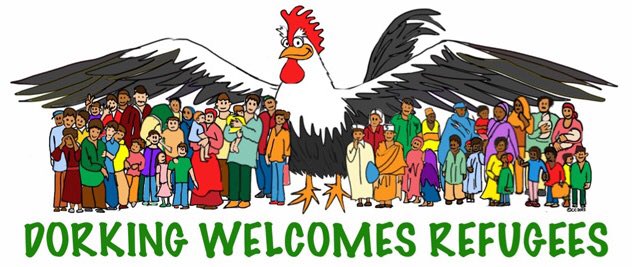
Dorking Refugee Support was formed to organise food and clothing collections to send to displaced populations in Syria and to refugees in Greece and France.
2016

Dorking residents began welcoming refugees and asylum seekers into their homes, protecting them from homelessness and destitution. The group continues to offer informal help to Syrian families resettling in the area, providing extra clothes, furniture, equipment, English practice and friendship.
Next : The Poppy

